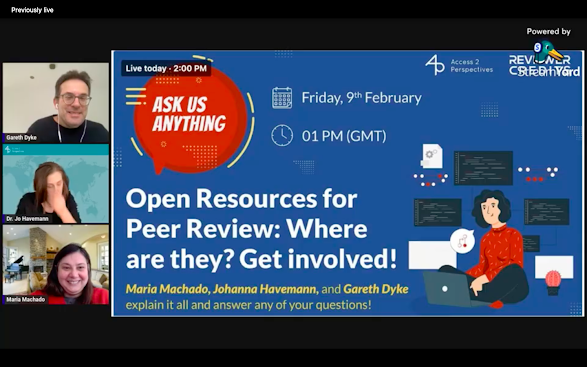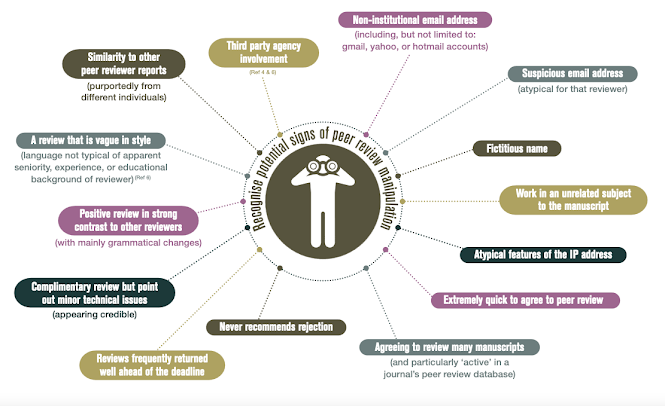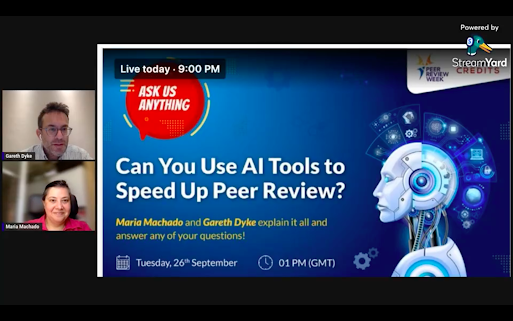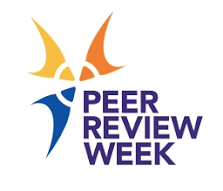I took matters in my own hands

Yep. I did. And decided I would write the guidelines for peer review I wish I had been given. In the traditional publishing model, journal editors choose reviewers based on their expertise. Reviewers can now also choose to post comments on preprints that they have a particular interest in, based on their own research experience. Crowd-sourced models have also begun to flourish. But there is no definition of what a GOOD peer review is and how to recognise it. We aim to provide curated resources for training, define quality standards, and raise pertinent questions that evolved from the current context in the publishing industry. We want to help maintain integrity in the peer review process, by involving the community in assessing their own training needs. Together with some colleagues (Gareth and Jo), we came up with a crowdsourced initiative . And we got some ideas, wishes, and plans. We hope to improve transparency and accountability in the peer review ...







